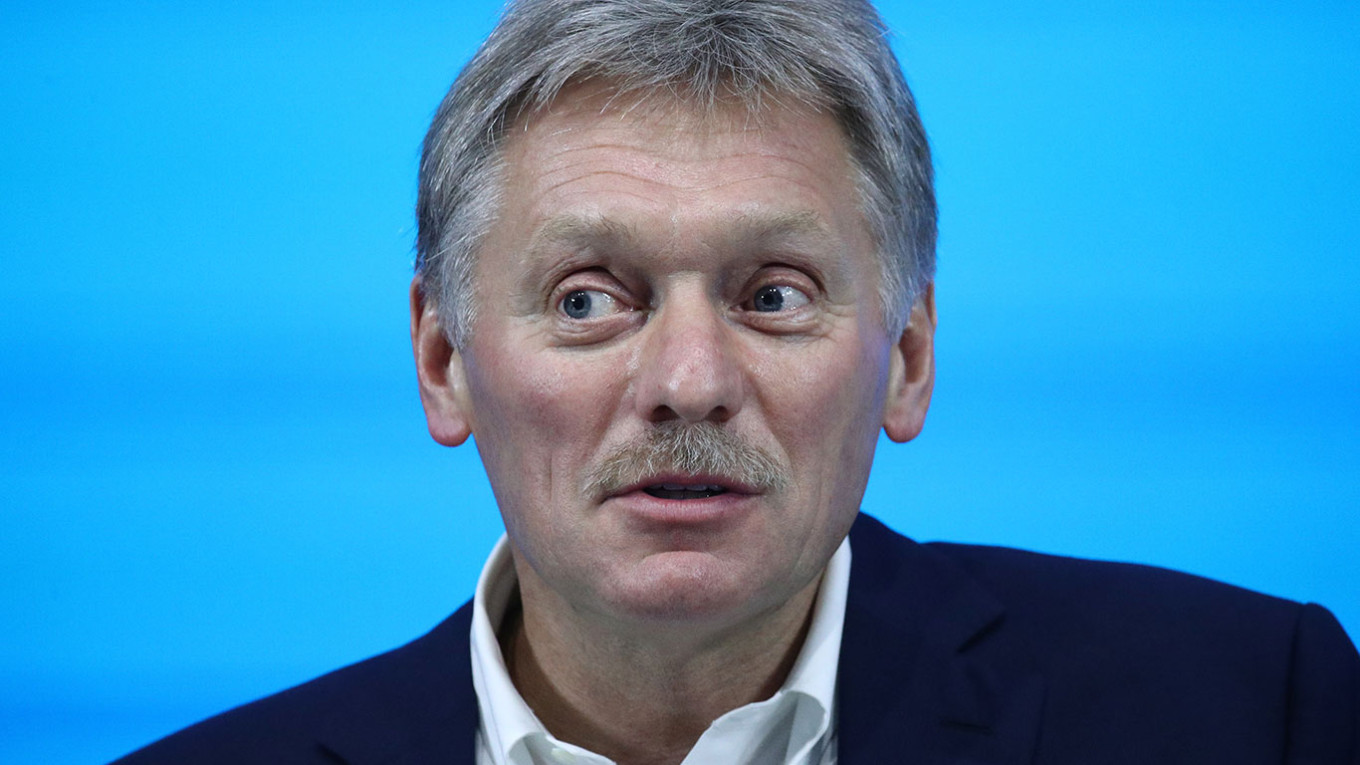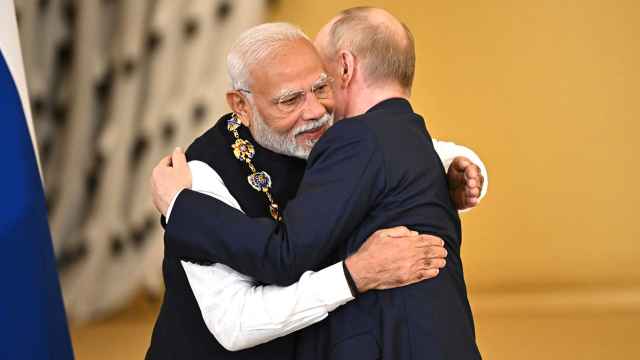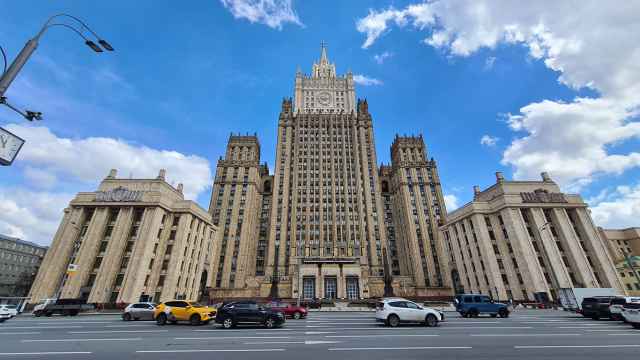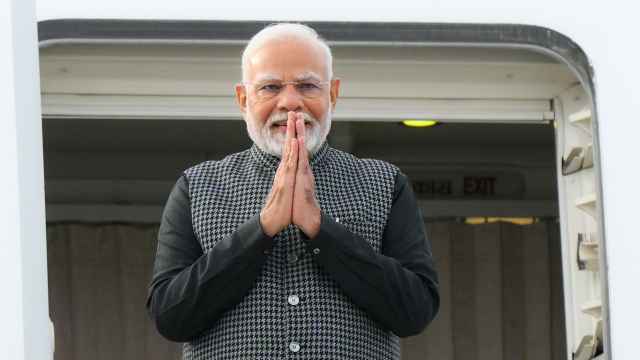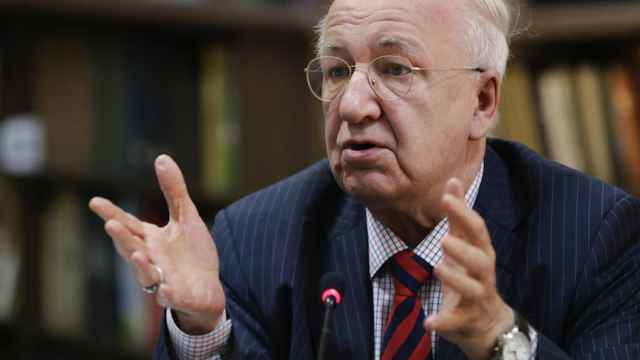The Kremlin on Monday called for de-escalation between India and Pakistan amid rising tensions following a deadly attack on tourists in the Indian-administered side of the disputed Kashmir region last month.
New Delhi has blamed Islamabad for the April 22 attack in the town of Pahalgam that killed 26 people, triggering a series of diplomatic expulsions and heated rhetoric between the nuclear-armed neighbors.
“We hope that the parties will be able to take measures... that will reduce tensions,” Kremlin spokesman Dmitry Peskov told reporters. “We are following the tense atmosphere that has developed on the border with great concern.”
Russian President Vladimir Putin told Indian Prime Minister Narendra Modi during a phone call Monday that the “particularly privileged partnership” between Moscow and New Delhi was “not subject to external influence and continues to develop dynamically in all areas,” the Kremlin said in a statement.
Russia has offered to mediate the crisis, with Foreign Minister Sergei Lavrov having held calls with both sides last week.
Pakistan’s military said Monday it had conducted its second missile test since the standoff began.
Russia has long-standing ties with India dating back to the Soviet era and remains the country’s largest arms supplier.
“India is our strategic partner. Pakistan is also our partner. We value our relations with both Delhi and Islamabad,” Peskov said.
A Message from The Moscow Times:
Dear readers,
We are facing unprecedented challenges. Russia's Prosecutor General's Office has designated The Moscow Times as an "undesirable" organization, criminalizing our work and putting our staff at risk of prosecution. This follows our earlier unjust labeling as a "foreign agent."
These actions are direct attempts to silence independent journalism in Russia. The authorities claim our work "discredits the decisions of the Russian leadership." We see things differently: we strive to provide accurate, unbiased reporting on Russia.
We, the journalists of The Moscow Times, refuse to be silenced. But to continue our work, we need your help.
Your support, no matter how small, makes a world of difference. If you can, please support us monthly starting from just $2. It's quick to set up, and every contribution makes a significant impact.
By supporting The Moscow Times, you're defending open, independent journalism in the face of repression. Thank you for standing with us.
Remind me later.


